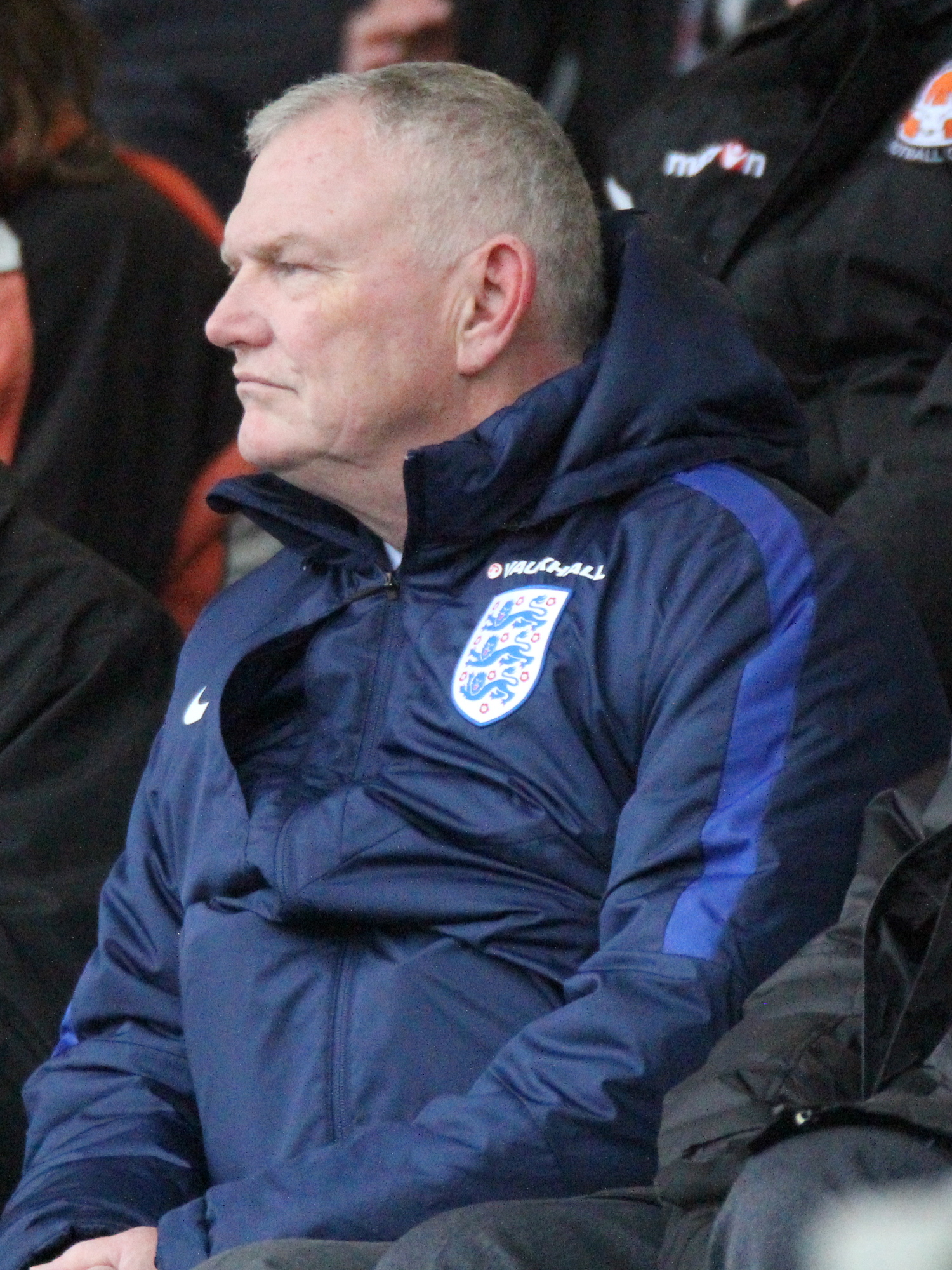The English Premier League is adamant that it can overcome huge logistical challenges to get players back on the pitch during the coronavirus crisis but has long since accepted there will be no fans in the stadiums.
English Football Association chairman Greg Clarke became the latest senior figure to admit this week that social-distancing guidelines make it impossible for supporters to congregate in stadiums “any time soon”.
The drive behind the Premier League’s “Project Restart” is the attempt to avoid having to pay back millions in TV revenue.
Clubs could reportedly miss out on $946 million for failing to complete this season alone.
According to Uefa’s latest European Club Footballing Landscape report, just 13 percent of the Premier League’s revenue comes from gate receipts.
“We might not like it, it might not be the perfect solution, but it is the only solution that we’ve got to move forward,” David Webber, a senior lecturer in football studies at Solent University, said.
However, the billions in television revenues the Premier League has been able to tap into is not only thanks to the quality of the players on the field but the atmosphere provided by thousands of passionate fans.
“The whole economic model only works when the grounds are pretty full,” said Richard Scudamore, who oversaw the Premier League’s growth into a vast commercial giant from 1999 to 2018.
“No actor likes playing in front of an empty hall,” he told a British daily.
University of Brighton’s Mark Doidge agrees.
“Short-term there might be people who want to watch games on television,” said Doidge, a senior research fellow at the School of Sport and Service Management.
“But I think the novelty will wear off very quickly when you realise that actually a large part of what drives the game is not just the people on the pitch, but the people in the stands.”
Doidge said players and fans feed off the collective, emotional energy in English stadiums. “That collective atmosphere is part and parcel of what the game is,” he said.











